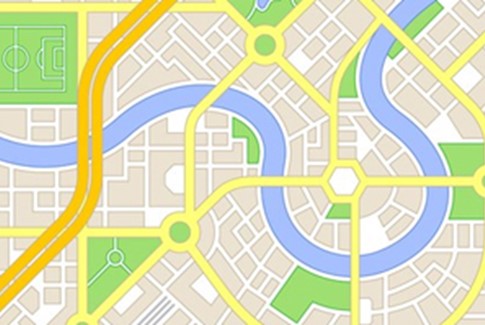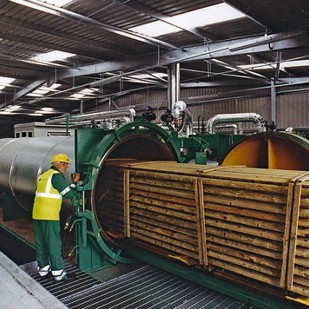Change in Use Class recommendation for Deck Substructures
Tuesday, August 17, 2021
General feedback indicates that the most common occurrence of deck failure is with the substructure. This issue affects not only timber decking projects – wood substructures are often used with composite boarding too.
Despite clear guidance being readily available concerning the correct installation and maintenance of decks, the reality is that shortcuts are sometimes taken on the substructure (which is not usually visible post-installation). If property owners make little attempt to clear vegetation and/or debris which accumulates beneath a deck, this restricts air movement and traps water. In addition, it is common for deck joists to be set directly on or very close to the ground.
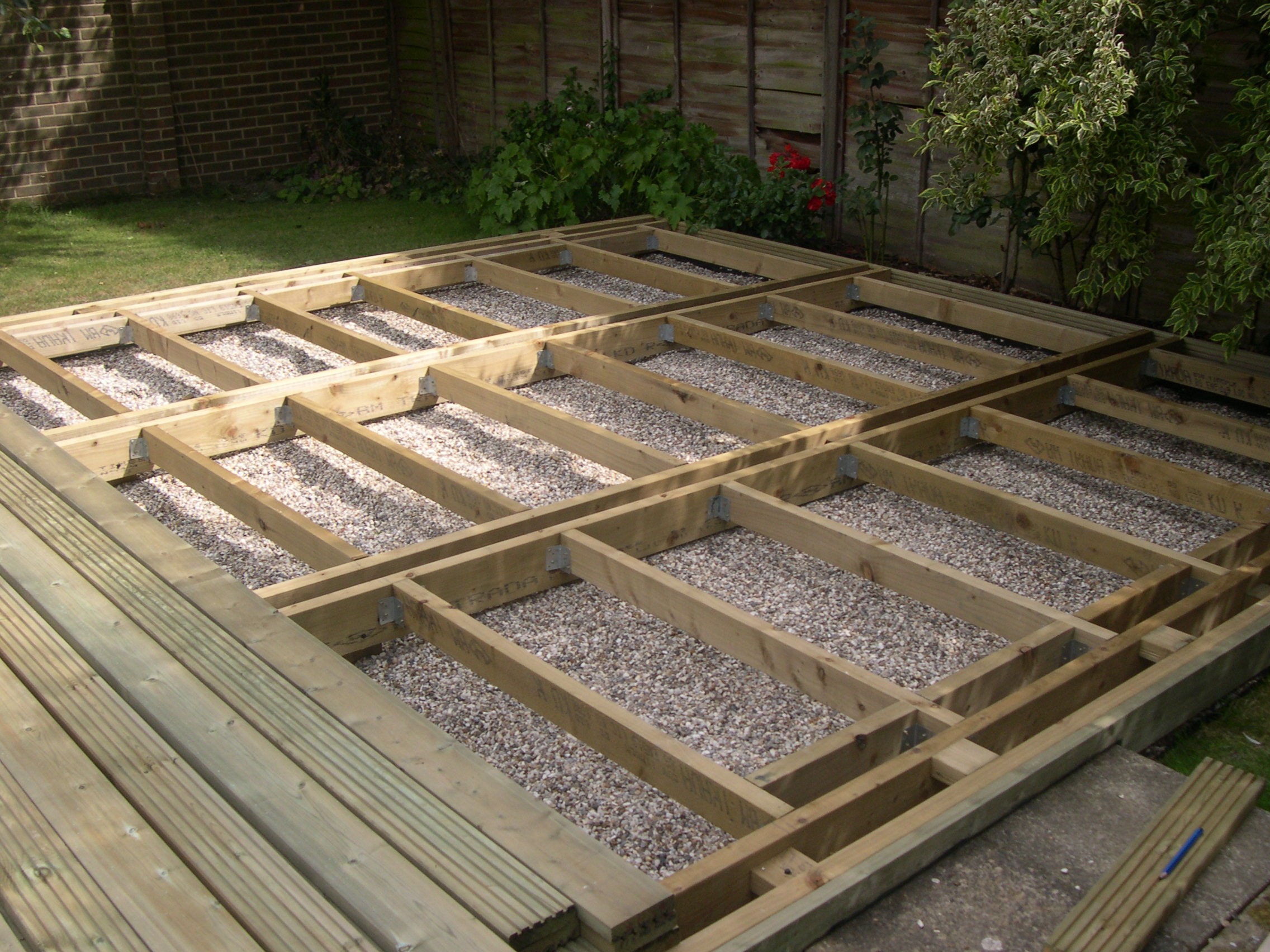
The failure of the substructure is clearly safety critical.
There has been concern that such failures are a growing threat to the future of the timber decking market in the UK.
In Sweden, Finland, France and North America, the whole deck substructure system (posts and joists) is categorised as Use Class 4.
Use Class 4 is a classification for timber products which are in contact with the ground or fresh water, permanently exposed to wetting.
Subsequently the TDCA and the Wood Protection Association (WPA) believe that the UK should follow this best practice in order to help protect the reputation of timber decking and substructures against competing materials, eg. aluminium deck joist systems.
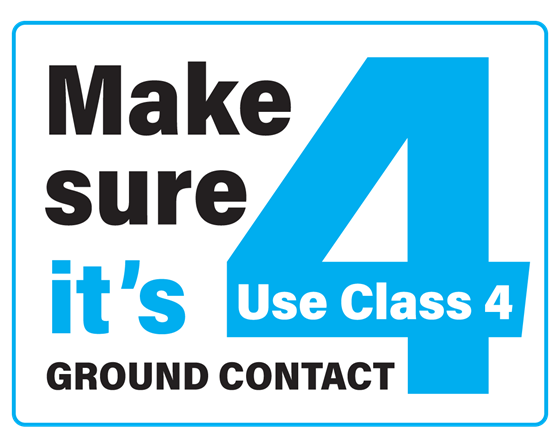
This means that the TDCA recommends that any decking timbers providing exterior structural support should be preservative pressure treated to Use Class 4 - regardless of whether they are in ground contact or not.
Following a full review of these issues outlined, the Wood Protection Association Technical Committee (which includes representatives of the Building Research Establishment, BRE and TRADA), has adopted these changes as WPA Policy and were subsequently ratified by both the TDCA and WPA Boards.
These changes have also been adopted by the BSI committee managing BS8417 (B/515) and so will be incorporated into the full standard review in due course.
The TDCA and WPA are working with the Timber Trade Federation (TTF) to adopt this change in policy across the membership of all three partner associations, so as to help them transition to the new requirements in time for the publication of the revised BS8417.
The preservative protection required of timber components is governed by their end use situations.
The Use Class System